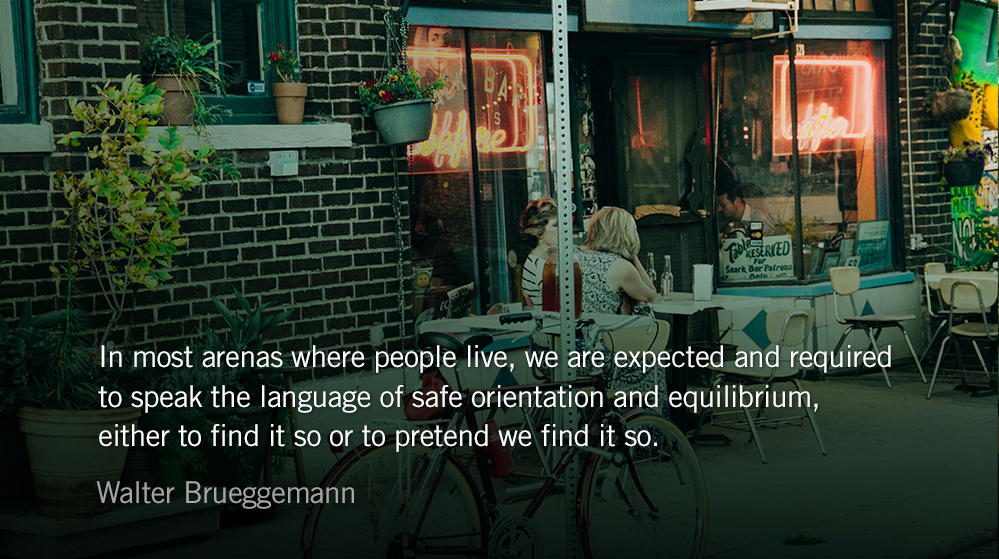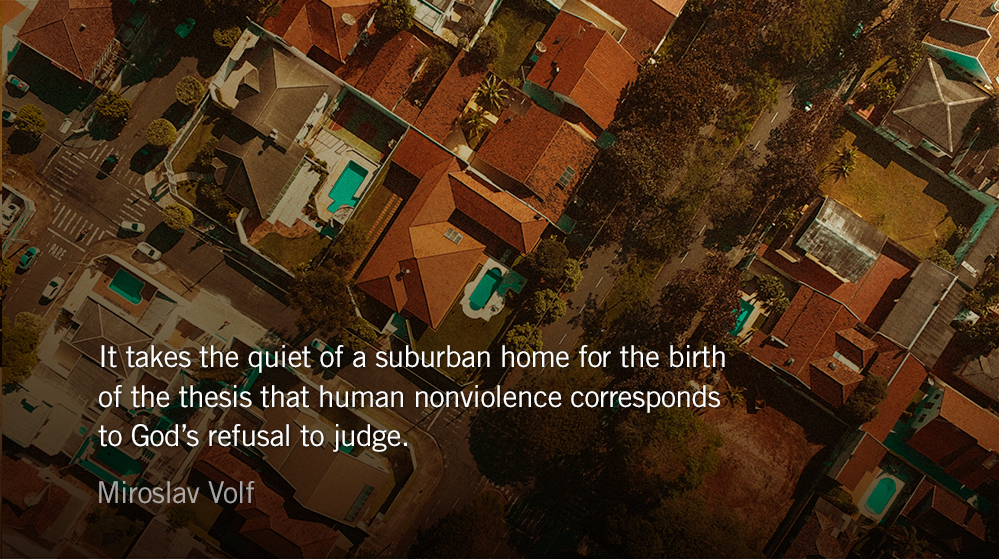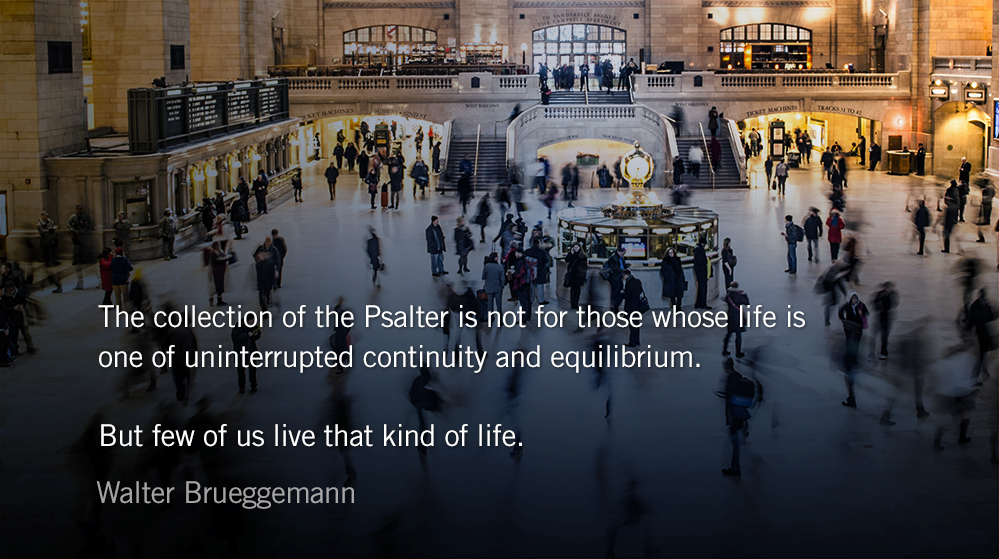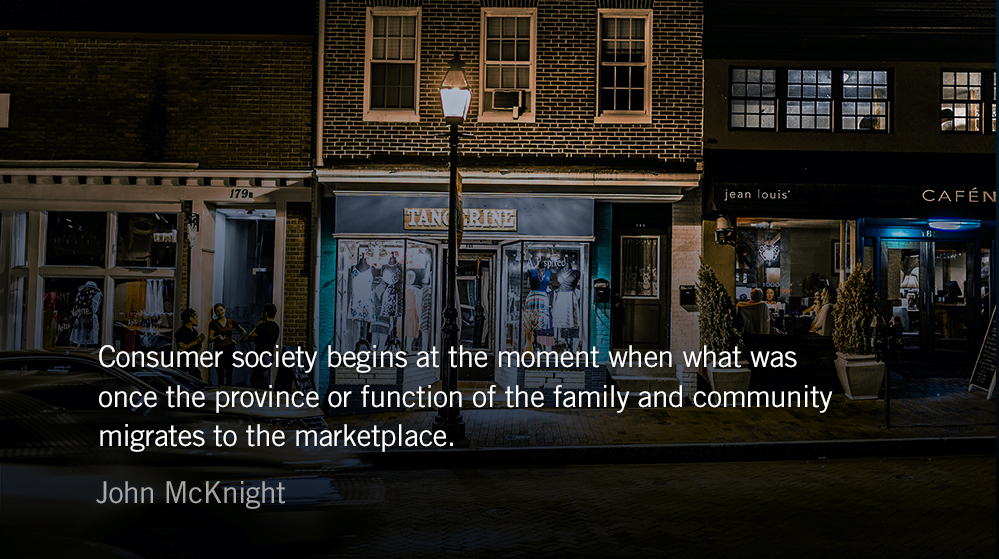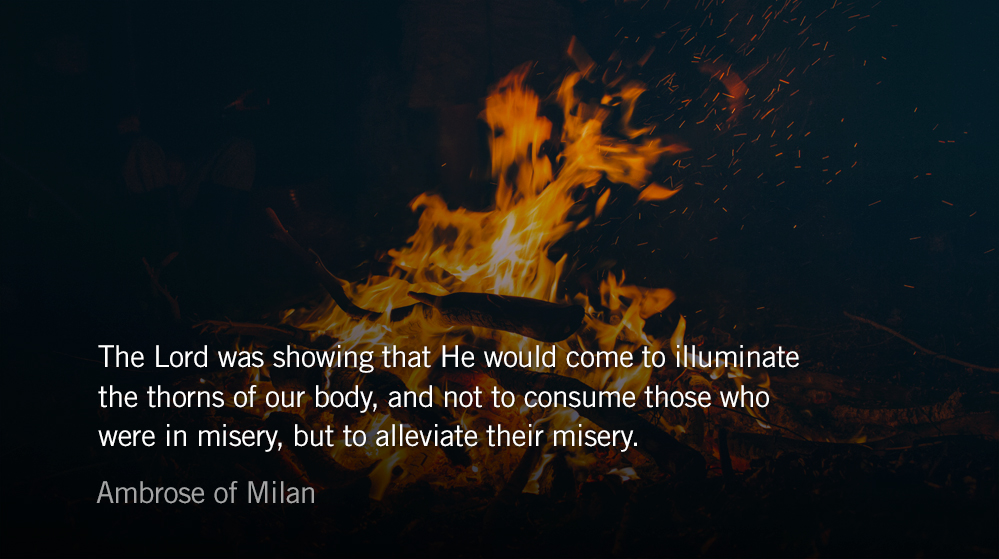You have made your people see hard things; you have given us wine to drink that made us stagger. — Psalm 60.3
“One of the reasons the Psalter does not yield its power,” Walter Brueggemann observes, is, “because out of habit, or fatigue, or numbness, we try to use the Psalms in our equilibrium. And when we do that, we miss the point of the Psalms.”
According to the Scriptures, the acts of covering and hiding were man’s immediate responses after sin entered the world. Not much has changed since the creation narrative was penned. Though Adam sewed together fig leaves and jumped behind a tree, we are far more sophisticated in our ability to conceal what is really happening in our lives.
When we reduce prayer to what we feel are the proper things to say—pleasantries and sentiments about how the world ought to be—we miss the greatest opportunities to engage in the deep and transforming nature of faith.
We have become so used to these types of prayers that the Psalms can seem alarming in their total transparency. The Psalms, Brueggemann notes, “propose to speak about human experience in an honest, freeing way.”
We can only grow in relationship with God if we choose to be vulnerable rather than pleasant. It’s only when we share the brutality of life, the injustices of our world, and the depth of our pain and anger that we begin to grow. Brueggemann continues:
In most arenas where people live, we are expected and required to speak the language of safe orientation and equilibrium, either to find it so or to pretend we find it so…. As a result, our speech is dulled and mundane. Our passion has been stilled and is without imagination. And mostly the Holy One is not addressed—not because we dare not, but because God is far away and hardly seems important.
This means that the agenda and intention of the Psalms is considerably at odds with the normal speech of most people, the normal speech of a stable, functioning, self-deceptive culture in which everything must be kept running young and smoothly.
Against that, the speech of the Psalms is abrasive, revolutionary, and dangerous. It announces that life is not like that, that our common experience is not one of well-being and equilibrium, but a churning, disruptive experience.
Spiritual growth is not for those seeking simple answers, but for those who, emboldened by grace, wrestle with the beauty, brokenness, and complexity of our world.
Today’s Reading
Ezekiel 17 (Listen – 4:26)
Psalms 60-61 (Listen – 2:27)


